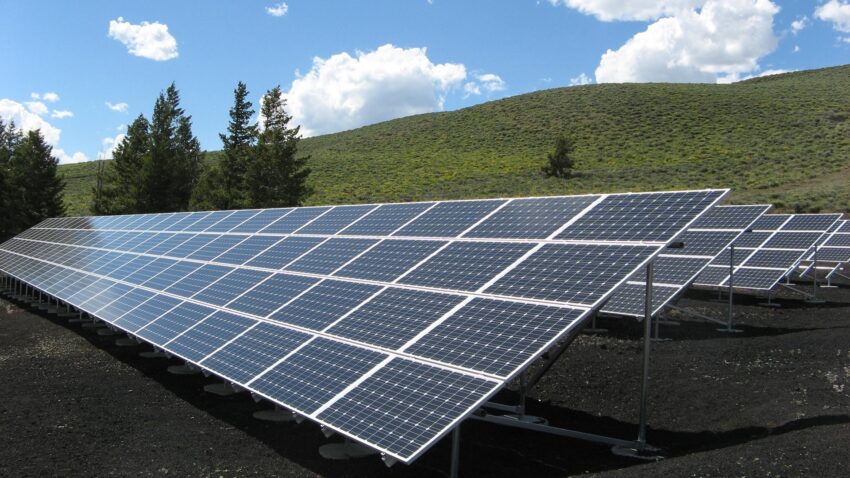AG INSIGHT | 06/03/2018
Financing resilient futures

Liz Parkes, Deputy Director – Climate Change and Business Services at the Environment Agency, reviews the importance of resilience in building green infrastructure fit for the future.
I’m looking forward to publication of the Aldersgate Group’s report on the need for increasing investment in the UK’s Green Infrastructure.
There’s rightly a lot of focus on the scale and urgency of investment needed to meet our commitments under the Paris Agreement and the Climate Change Act – and the opportunity this presents for the UK to be a global leader in clean growth and green finance.
But there is also another opportunity that we are not yet realising – to be global leaders in resilience.
The truth is that, despite progress and commitments on limiting emissions and decarbonising our economy, we still need to plan for climate change. Climate change is one of the biggest global threats we face. Intense storms are becoming more frequent and climate change will also raise sea levels. Alongside flood risk, increasing temperatures, and water scarcity are the most obvious impacts that we can expect, coupled with the disruption that extreme events pose to the everyday functioning of our lives.
Society is increasingly interconnected globally, not just in terms of people, but through our economies and supply chains. Through these we can see the disruption caused when a link in that chain is broken – whether it’s crop failure caused by sudden temperature changes, pressures on our public water supply as a result of drier weather, IT impacted by flooding, or distribution networks disrupted by storms.
Businesses that plan ahead and factor future climate risk into their decision-making will be most resilient to such shocks and best positioned to seize the opportunities afforded by a changing climate.
The UK is already well-respected on the international stage for the assistance it provides when disasters happen. But we also have an opportunity to lead the way in demonstrating how to factor in climate resilience when planning for and investing in our future. Thinking about this upfront can lessen the impacts and speed up the recovery process – and it makes financial sense.
Here at the Environment Agency, we already factor likely climate change impacts into all our work on managing water resources and on future flood and coastal erosion risk, making sure our defences are fit for the future, constantly reviewing our data and modelling, and planning for a range of scenarios. This is particularly the case when it comes to investing in infrastructure, and it’s great to see other organisations starting to follow that approach.
We’ve also undertaken a systematic assessment of what those impacts might mean across our whole business and our supply chains – so we know that we still have further to go. But that thinking isn’t yet happening as a matter of course. Why might that be?
It may be because climate resilience (adaptation) isn’t subject to the same targets as, for example, carbon reduction, and therefore businesses are not yet as committed to it. Climate resilience is hard to quantify and it’s therefore difficult to measure where we are becoming more – or less – resilient as a society. The step-change that we must make is to factor future climate change scenarios into all our forward planning. We must understand how this could impact on our future decisions so we’re not just wise in hindsight, but can be confident that we are making resilient investment decisions that are fit for the future.
And it’s not just flooding we need to prepare for. Our cities and transport systems can become unbearably energy-sapping on the hottest of days. If you’re elderly or vulnerable then heat waves aren’t just uncomfortable but can be life-threatening. Simple solutions can be designed in at the outset; many of the measures that insulate us from the cold will also protect us from the heat – without having to resort to energy-consuming air-conditioning systems.
So let’s make resilience an integral part of green standards – not just for infrastructure, but so that we can be confident in all our investment decisions for the future, whatever the weather.
Liz Parkes is Deputy Director – Climate Change and Business Services at the Environment Agency



